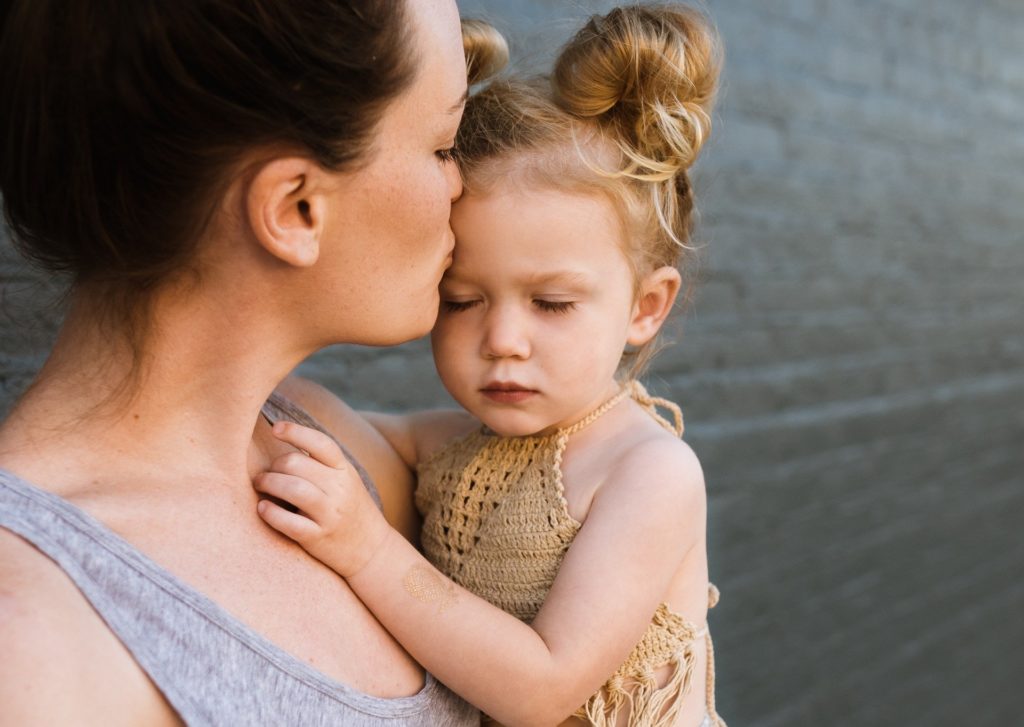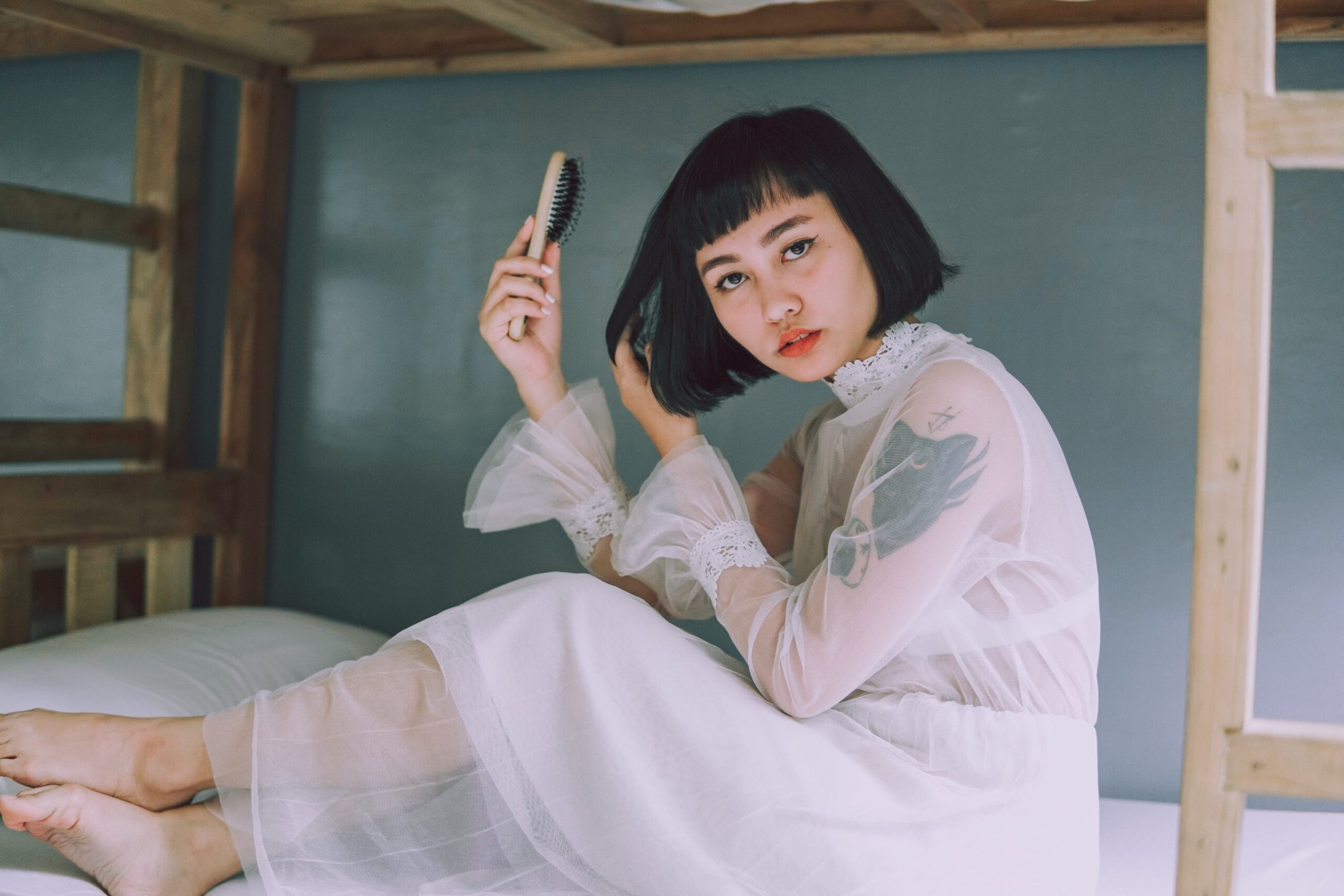For many people, head lice are a recurring problem. You think you have got rid of your head lice, but every now and again they come back. This can be very frustrating because having head lice can be incredibly itchy and very uncomfortable. Getting rid of head lice once is great. But how do you prevent head lice from coming back?
How do you prevent head lice from coming back?
That is a very good question and here is how…
1. Don’t rely on natural remedies
You may think that the head lice are coming back, but are you sure about that? Did they ever leave? People with recurring head lice often haven’t gotten rid of the head lice in the first place. One of the reasons for this is the reliance on ineffective lice treatments like natural remedies.
There are some natural remedies out there that do work, such as coconut oil. But many of the suggested natural remedies across the internet are not effective at all. Look at salt, for instance. There are so many articles online about how salt can get rid of lice. But these articles just copy-paste each other. Technically, salt does kill head lice. But it’s so ineffective that you might as well try other more effective ingredients.
Traditional lice treatments like over-the-counter and prescribed medications are better. If you really want to use natural remedies, do your own research. Make sure that the natural remedy has merits behind it, like coconut oil.
2. Uusing lice treatments properly will keep head lice from coming back
No, head lice won’t automatically disappear just because you have used commercial products to get rid of them. Even traditional lice treatments are ineffective if you don’t use them properly. But how do you use them properly, exactly?
Reading the instructions is a good start. These creams, lotions, and shampoos come with instructions on how to use them. If you don’t use them properly, you are not just ineffectively treating head lice. You are also putting yourself at risk of unnecessary exposure to chemicals. Remember that these medications have strong ingredients that can kill head lice, and they can be bad for you too. Make the application worth it by actually getting rid of the head lice.
Many times, you will have to apply them for multiple weeks to completely get rid of head lice. This is because these medications often just kill adult head lice, not the nits. The nits need to hatch first and turn into actual head lice before they can be killed. But nits hatch at different timeframes, depending on a variety of factors, like the temperature of your head. They can hatch anytime within a three-week time frame.

3. Deal with head lice as a whole family
Getting rid of the head lice on your head is just the first part of the treatment. Prevent head lice from coming back by getting rid of the head lice in your surroundings, including the ones on your family members.
One of the most common ways to get head lice is close contact, especially head-to-head contact. You live close to your family, so it’s likely that they have gotten head lice from you. If you get rid of your head lice, your head will be reinfested by head lice from your family. It can be an endless cycle of reinfestation if you don’t get rid of the parasites as a family.
Mothers and children are particularly vulnerable to head lice. Children are the most vulnerable. And since they often sleep on the same bed with their mothers, the mothers often get head lice from them. You may have to treat everyone in the entire household to completely control the spread of head lice.
4. Clean your entire home regularly
Head lice are parasites. They can’t survive very long without a host because they need constant blood meals — roughly every four hours. Without a host, they can only survive for one or two days. This is great because it means you are not likely to get head lice from random items that touch your head.
However, you should not be too complacent. Two days is still a lot of time to survive and find a host, especially inside your home where many potential hosts are touching and interacting with objects all the time. Prevent head lice from coming back by constantly cleaning your home and killing wandering head lice.
Focus on items that make close contact with your head, such as your pillows and sheets. Also look into personal items that touch the head, such as brushes, combs, helmets, ribbons, and towels. It’s also a good idea to isolate the personal items of the person infested with head lice to make sure that nobody else is using them.
5. Avoid close contact in the meantime
Your family members are not the only ones who can get head lice from you and make you vulnerable to reinfestation. Your friends are good candidates too. You can make close contact with friends, infest them, get rid of your head lice, and get reinfested by the head lice from your friends.
Communication is key. Tell your friends that you are suffering from a head lice infestation and you are avoiding close contact. This way, your sensitive friends won’t be offended when you refuse to get close to them. Here are the common ways you get physically close to your friends:
- Hugging each other as a greeting
- Sharing a phone or a tablet
- Sleeping on the same bed or room during a sleepover or vacation
- Staying on the same couch while you watch TV
- Whispering with each other
In these ways, you often bump heads with your close friends, giving head lice the opportunity to travel from one head to another.

6. Tell children to be careful at school
There is one simple reason why children are more vulnerable to head lice and reinfestations. They are less concerned about personal space. When they are at school, they are playing and studying with their friends. There are many opportunities for them to bump heads. Head lice have become such a problem that some schools have implemented no-nit policies, but the CDC doesn’t like such policies and views them as overreactions.
Prevent head lice from coming back by informing your children not to be too physically close to their friends, especially when it’s known that some of the students have head lice. If your children go home with an infestation, they are not the only ones in danger. The other members of the family are also at risk of head lice and all the inconveniences associated with these parasites.

